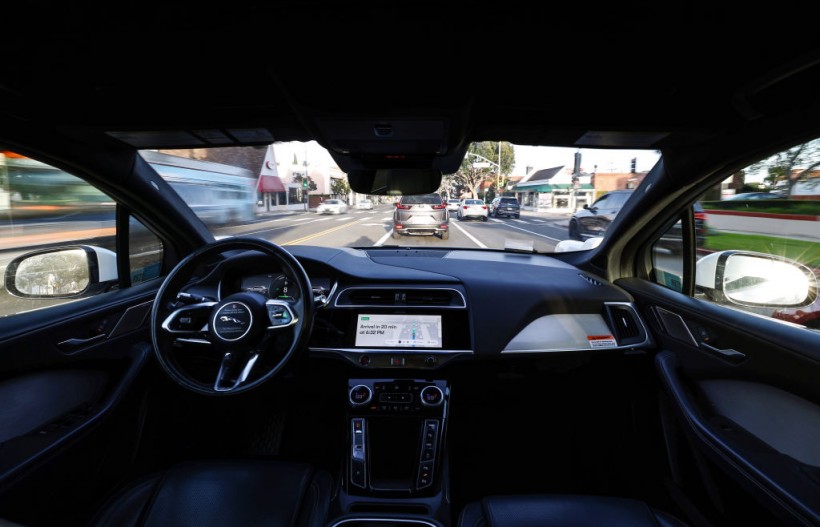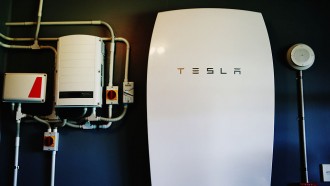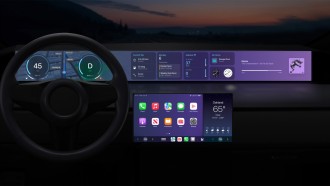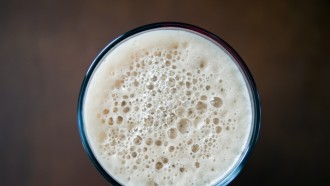General Motors' Cruise autonomous vehicle unit is set to commence testing of robotaxis in Arizona this week, featuring human safety drivers as part of the deployment strategy, according to a report by AP.
During the testing phase, Cruise will rigorously evaluate the performance of these vehicles against stringent safety and autonomous driving performance standards.

GM Cruise Launches Robotaxi Testing in Phoenix
The initial testing will launch in Phoenix and extend to other areas, including Scottsdale, Tempe, Mesa, Gilbert, Chandler, and Paradise Valley. While these vehicles primarily operate autonomously, human drivers will be onboard and prepared to intervene if necessary.
According to the automaker, human drivers will be crucial in assessing the vehicles' capabilities and contributing to the ongoing enhancement of Cruise's technology.
It is worth noting that Cruise previously halted operations following an incident in October, when one of its Chevrolet Bolt autonomous vehicles collided with a pedestrian in San Francisco. The pedestrian was dragged to the curb, drawing scrutiny from regulatory authorities.
The California Public Utilities Commission accused Cruise of withholding information about the crash for over two weeks, ultimately leading to the suspension of its license to operate autonomous fleets in California.
This incident also triggered major changes within Cruise, including a change in leadership and a workforce reduction of approximately 25%.
Following these challenges, General Motors launched a new management team at Cruise to address the regulatory and operational issues.
Commenting on Cruise's decision to resume operations in Phoenix, Phil Koopman, a professor specializing in autonomous vehicle safety at Carnegie Mellon University, noted that the city's less stringent rules and infrastructure are advantageous for testing autonomous vehicles compared to San Francisco.
According to Koopman, Phoenix's broader streets, lower traffic density, and fewer emergency vehicles provide an environment more conducive to autonomous vehicle testing and development.
Read Also: GM's Cruise To Recall Hundreds of Driverless Cars After Halting Operations, Recent Crash Reports
NHTSA Investigations Amazon's Zoox
In related news, the NHTSA has initiated an inquiry into Zoox, Amazon's robotaxi company, following reported collisions involving its driverless SUVs. The investigation was prompted by incidents where Zoox's autonomous vehicles abruptly braked, resulting in minor injuries during motorcycle wrecks.
The NHTSA is currently evaluating Zoox's autonomous driving technology in various scenarios, including crosswalks and rear-end collisions.
Zoox, which Amazon acquired for $1.2 billion in 2020, remains an independent entity within Amazon's ecosystem. The company has been conducting tests of its electric, autonomous ride-hailing vehicles in Las Vegas and Foster City.
In March, Zoox announced plans to expand its testing to encompass larger regions, higher speeds, nighttime driving, and light rain conditions.
Read more about this story here.
Related Article: Cruise Driverless Permits Suspended by California DMV Due to Safety Issues-What Happened?






